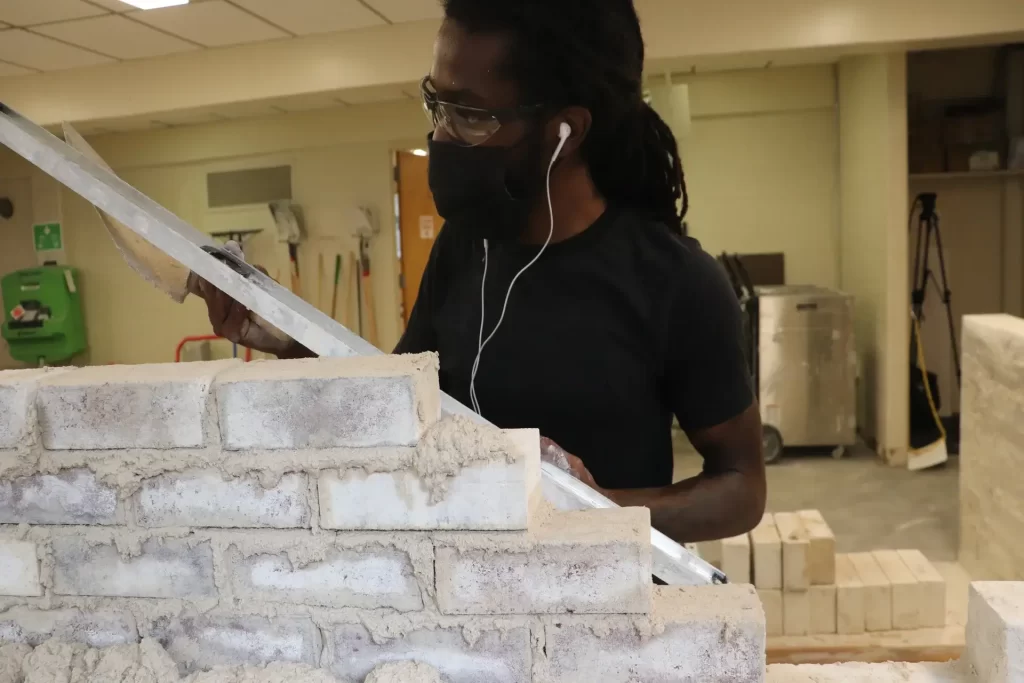Construction training programs play a vital role in the future of the construction industry. These programs help to ensure that the construction workforce has the skills and knowledge necessary to meet the demands of the industry. A construction training program can be a great way to prepare individuals for a career in the construction industry. The program can teach them the skills and knowledge needed to work in various roles such as project management, site supervision, engineering, and trades such as carpentry, electrical, plumbing, and masonry. The training program can be delivered in various forms, including classroom instruction, apprenticeship programs, on-the-job training, and online courses.
Construction training programs are designed to equip individuals with the required knowledge and skills to work in the construction industry. These programs can vary in length, content, and delivery method and can be offered by a variety of organizations, including community colleges, technical schools, and industry associations. Here are some common construction training programs:
Apprenticeships are a combination of classroom instruction and on-the-job training, typically lasting three to four years. They are often sponsored by unions, trade associations, or employers, providing participants with a comprehensive understanding of the construction industry.
Certification programs are shorter, more focused programs that provide training in specific areas of the construction industry, such as carpentry, plumbing, or electrical work. These programs are often offered by trade associations, industry organizations, or community colleges.
Vocational education programs, also known as technical education programs, are offered by high schools, community colleges, and technical schools. They provide students with a foundation in the skills and knowledge required for various construction trades.
Continuing education courses are short courses or seminars designed to provide ongoing training to construction workers. They are often offered by industry associations or trade organizations and cover various topics, including safety, code compliance, and new technologies.
On-the-job training is a common way for individuals to gain skills and knowledge in the construction job. Employers may provide new hires with training in specific skills or offer ongoing training opportunities to employees looking to advance their careers.

Researching and selecting a training program that fits your specific goals and needs is important. You may want to consider factors such as cost, location, length, and content when making your decision.
The construction industry is essential to the economy, and its future is promising. The construction industry is expected to rise steadily in the coming years, driven by aspects such as population growth, urbanization, and increasing demand for infrastructure development, housing, and commercial real estate. The construction enterprise is also expected to be impacted by the increasing use of technology and sustainability practices, which can result in greater efficiency, cost savings, and reduced environmental impact.
To stay ahead of these changes, it is crucial for individuals in the construction industry to continually update their skills and knowledge. Therefore, a construction training program can play a significant role in ensuring that the workforce is adequately prepared to meet future demands. In addition, a training program can help individuals acquire new skills and adapt to changing industry trends, making them more competitive in the job market. Here are a few ways in which construction training programs are shaping the future of the construction industry:
The construction classes require a skilled workforce to meet the demands of the market. Therefore, training programs provide workers with the skills and knowledge required to perform their job duties safely and efficiently.
The construction course constantly evolves, with new technologies and techniques constantly developed. Training programs help workers keep pace with these changes and stay up-to-date on the latest tools and methods.
The construction industry has faced a labor shortage recently, with many experienced workers retiring and fewer younger workers entering the field. Training programs can help address this issue by providing opportunities for workers to develop new skills and enter the industry.

Construction work can be dangerous, and safety is a top priority for the industry. Training programs help workers understand the risks involved in their work and how to take appropriate safety measures to protect themselves and their colleagues.
Training programs can also foster innovation within the industry by encouraging workers to think creatively and develop new approaches to construction projects.
Overall, construction programs are critical for the future of the industry. By providing workers with the skills, knowledge, and tools they need to succeed, these programs can help ensure that the construction industry continues to thrive and meet the needs of its clients.
Read More